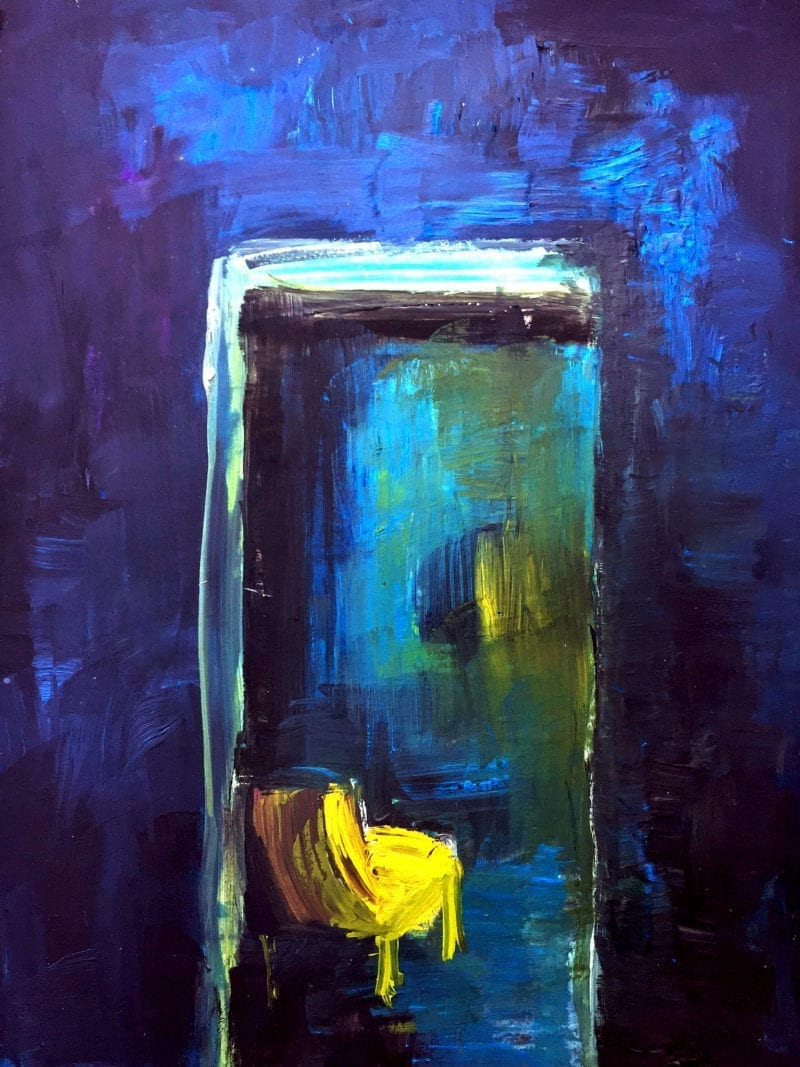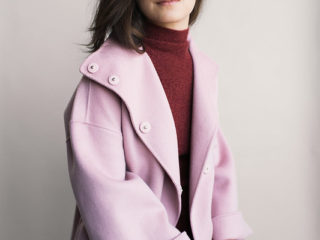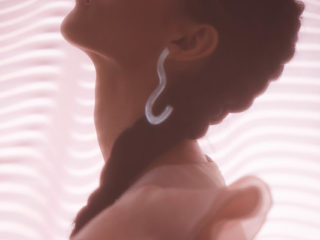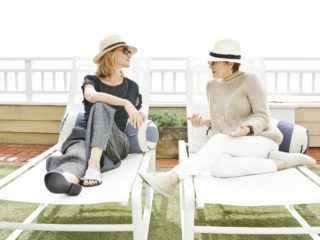I met my husband, Jack, five years ago in Oxford, England. On a bright and busy morning, I nestled into a table at a coffee shop to read for a few hours. Engrossed in my book, I barely noticed how busy the shop had become until I heard, in a deep English accent, “Can I share your table?”
Ever since, some of our best moments have occurred across the table from one another: our first dinner when we moved to New York, the evening of our engagement, our wedding reception and countless other celebrations honoring many varied kinds of new beginnings. As we took big steps together, we rarely sat down for meals at the table in our own home. The busyness of ordinary life, complicated by long commutes and differing work schedules, kept us from regularly connecting in simple ways.
The busyness of ordinary life kept us from regularly connecting in simple ways.
That is, until March 2020. The COVID-19 quarantine forced us to slow down, and in the process, our days have become stitched to the ordinary parts of life, guided by the rhythms of the sun and anchored by little pleasures, like blueberry muffins and lentil stew with caramelized onions and coffee with steamed milk. This is not, however, a story that makes light of the current conditions of our world. It is a story that holds the pain of them at its core.
For both of us, this period of self-isolation is encircled by the fear of loss. We have two family members with compromised immune systems who fall into the “high risk” population in differing but equally frightening ways. At first, preparing for this invisible predator consumed all our time beyond work and sleep. We disinfected every crevice of our home. When we hung up our rubber gloves, we were left with unbearable silence, carrying sadness and dread within us.
One day in March, as I watched the sun bake the asphalt of our now-empty street, I realized we needed something to fill the empty interstitial pockets of our time. We needed something to soften the edges of our despair. Not something to erase our despair, but rather, something to help us bear it.
We turned our attention, then, to food, the material symbol of nourishment. We decided we would make mealtimes a shared project in the quotidian. Instead of cooking a full English breakfast, we would spread jam on toast and slice oranges. Instead of baking a tart, we would bake pound cake. We would pour pesto over pasta, bake potatoes in the microwave and steam vegetables. No matter how simple the menu, we would sit together at the table to make the time a sacred respite from our worrying.
No matter how simple the menu, we would sit together at the table to make the time a sacred respite from our worrying.
For weeks now, we have eaten meals together at our small farm table, a relic from an old life in Vermont, every day, three times a day. It is a simpler container than the settings of meals in earlier seasons of our relationship, but the foundation upon which this practice rests is more meaningful. It reminds us of what is truly essential, what is needed to sustain us.
In this tumultuous time, in which both joy and pain are saturated in equal measure, we are standing on the shore of the unknown, but we are standing together in the midst of the same fear, the same uncertainty and the same gratitude. Connecting with my husband, in this homely and unassuming way, feels like relief, like drinking from a natural spring in the desert.
We are standing together in the midst of the same fear, the same uncertainty, the same gratitude.
May you find your own moments of relief in what can now seem like a cruel and crumbling world. Rest is not a form of avoidance. It is a form of remembering: using time to remember what is still beautiful about the world, what we cherish in being alive and what we are fighting, each in our own ways, to preserve.
What are some of the moments of joy in your day? How do you take respite?
Image via Karolina Maszkiewicz, Darling Issue No. 21











